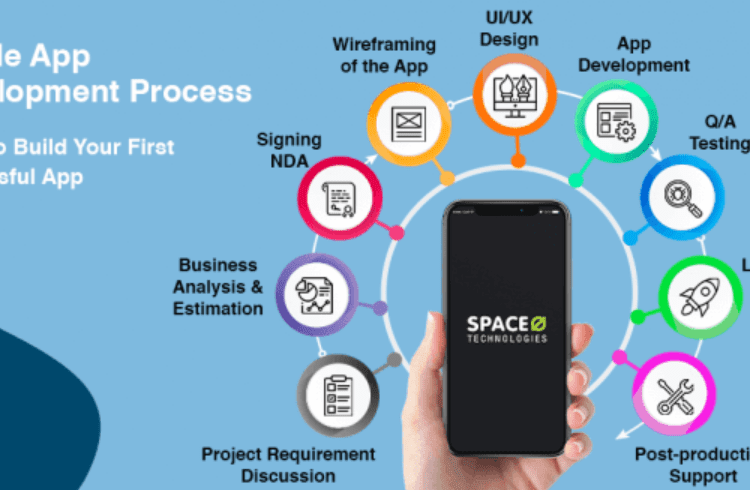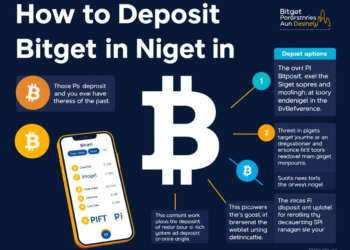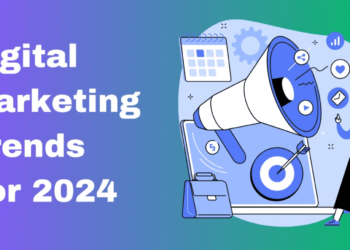Mobile app development is an exciting and rapidly growing field that offers a plethora of opportunities for beginners to explore and create innovative solutions. With billions of smartphones in use worldwide, the demand for mobile apps continues to soar. Whether you’re looking to kickstart a career in app development or you have a great app idea you want to bring to life, this guide will provide you with the essential steps to get started.
Why Learn Mobile App Development?
Before we dive into the technical aspects, let’s understand why mobile app development is an attractive option for beginners:
- High Demand: Mobile apps have become integral to our lives, driving a constant demand for skilled app developers.
- Creativity: App development allows you to turn your unique ideas into reality and build solutions for real-world problems.
- Career Opportunities: Mobile app development offers lucrative career prospects, whether you want to work for established tech companies or as a freelance developer.
- Entrepreneurship: If you have an entrepreneurial spirit, you can create your own apps and potentially start a successful app-based business.
Now, let’s explore the steps to begin your mobile app development journey.
1. Choose Your Platform
The first decision you’ll need to make is which mobile platform to develop for: Android, iOS, or both. Each platform has its programming languages and development environments:
- Android: Java and Kotlin are the primary programming languages, and Android Studio is the recommended integrated development environment (IDE).
- iOS: You’ll need to learn Swift or Objective-C, and Xcode is the IDE for iOS app development.
2. Learn the Basics of Programming
If you’re new to programming, it’s crucial to start with the fundamentals. Languages like Python or JavaScript are excellent choices for beginners. Understanding concepts like variables, data types, loops, and conditionals will be invaluable as you progress.
3. Pick a Development Tool
Choose an integrated development environment (IDE) based on your platform of choice. Android Studio for Android development and Xcode for iOS development are the industry-standard tools. Install and set up your chosen IDE.
4. Master App Development Languages
For Android development, focus on Java or Kotlin, with Kotlin being the more modern and recommended choice. For iOS development, Swift is the primary language, although you may encounter legacy code in Objective-C.
5. Dive into User Interface (UI) Design
Understanding user interface (UI) and user experience (UX) design principles is crucial. You’ll want to create user-friendly and visually appealing app interfaces. Familiarize yourself with design tools like Sketch or Adobe XD.
6. Practice Coding
Begin with small, simple projects to practice your coding skills. Building a basic “Hello World” app is an excellent starting point. As you become more comfortable, gradually work on more complex apps.
7. Utilize Frameworks and Libraries
Leverage development frameworks and libraries to streamline your app development process. These tools can help you save time and effort when building features like user authentication, databases, and more.
8. Test and Debug
Testing and debugging are essential parts of app development. Learn how to test your apps on various devices and use debugging tools to identify and fix issues.
9. Publish Your App
Once your app is complete and thoroughly tested, it’s time to publish it to the respective app stores: Google Play Store for Android and Apple App Store for iOS. Follow the guidelines and requirements for each store.
10. Stay Updated
The world of mobile app development is constantly evolving. Stay updated with the latest trends, technologies, and best practices by following blogs, forums, and online communities.
Conclusion
Mobile app development is a dynamic and rewarding field that offers a wealth of opportunities for beginners. Whether you’re interested in coding for personal projects or launching a career as a mobile app developer, this guide equips you with the foundational knowledge to begin your journey. Remember that practice, continuous learning, and staying up-to-date are key to success in this ever-evolving industry. So, roll up your sleeves, start coding, and embark on your exciting adventure in mobile app development!











